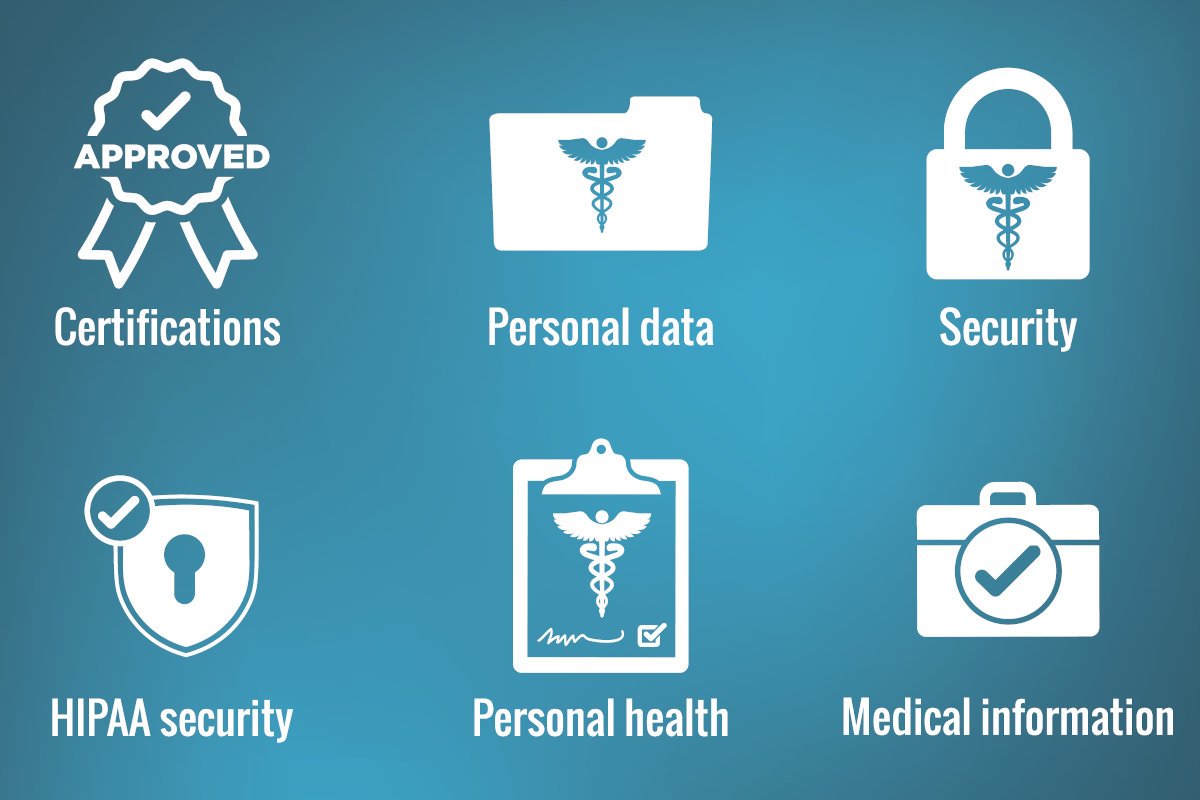
FHIR CONSULTING SERVICES & HL7 FHIR DESIGN SERVICES
CyberSecOp products and services help healthcare organizations of all sizes provide better and more secure health experiences and health outcomes. HL7 FHIR Health level 7 or HL7 stimulates data interoperability, thus promoting data sharing between different health professionals.
Our HL7 FHIR healthcare consultants focused on providing end-to-end healthcare solutions leveraging HL7 FHIR and cloud solutions.
FHIR & HL7 FHIR Design Consulting Services
Cyber Threat Intelligence Service. Identify. Respond to Threats
Fast Healthcare Interoperability Resources (FHIR) is a standard describing data formats and elements and an application programming interface for exchanging electronic health records. The bar was created by the Health Level Seven International healthcare standards organization.
CyberSecOp integrates Fast Healthcare Interoperability Resources (FHIR) software to develop electronic medical data management systems for exchanging and storing essential media data.
HL7 FHIR Expert healthcare consulting
Healthcare consulting in FHIR, HL7, HIPAA 5010, 4010, IDC-10, and EDI
HL7 FHIR Messaging integration or development
FHIR, HL7 Messaging, and HL7 Interface development
Personalized solutions
Custom software development and integration remotely
HL7 Consulting
HL7 FHIR Implementation, development of strategic and technical consulting, software development and system integration, and FHIR workshops services
Our FHIR Consulting Services
CyberSecOp and its partners have extensive experience with HL7 FHIR requirements and the expertise to add FHIR support to your existing platform.
FHIR profiling and Implementation Guide development
FHIR Strategic and technical consulting
FHIR Software development and system integration
FHIR workshops
FHIR Support services FHIR Assessment
HL7 EMR/EHR Supported System
HL7 integration solutions also target the following medical vendors.
We offer design, development, administration, and support services for HL7 interfaces. Healthcare apps require efficient healthcare service delivery to exchange, integrate, share and retrieve electronic health information. A health communications protocol called Health Level 7 (HL7) is used to transfer data across applications. By creating integrated management systems, healthcare service providers can maintain the information flow safe and secure.
Immunization Registries
Healthcare IT Vendors
Standards Development Organizations (SDOs)
Quality Reporting Agencies
Emergency Service Providers
Local & State Departments of Health
Laboratory Information Systems (LIS)
Health Information Systems (HIS)
Electronic Health Record (EHR)
Electronic Medical Record (EMR)
Practice Management Systems (PMS)
Patient Administration Systems (PAS)
Health Information Exchange (HIE)
Personal Health Records (PHR)
What is HL7 FHIR?
FHIR is a standard for supporting information sharing that relies on the HL7-defined set of "resources." FHIR defines clinical and administrative material (e.g., Observation, Patient, etc.) and "infrastructure" resources. Health Level Seven or HL7 refers to a set of international standards for the transfer of clinical and administrative data between software applications used by various healthcare providers. These standards focus on the application layer, which is "layer 7" in the OSI model. The HL7 standards are produced by Health Level Seven International, an international standards organization, and are adopted by other standards issuing bodies such as American National Standards Institute and International Organization for Standardization.
FHIR is built on a RESTful web service architecture. The bulk of IHE profiles, on the other hand, is made on SOAP web services. The core HTTP operations, such as Create, Read, Update, and Delete, are supported by RESTful web services.
How is HL7 FHIR used, and who uses it?
Hospitals and healthcare providers provide and receive patient data in various formats. Clinical data, billing, and medical device information must be routed through several systems, including EHRs and EMRs, medical devices, and other external third-party vendors. This data must be integrated to flow smoothly and reliably between systems in order to achieve healthcare interoperability. Developing effective healthcare IT solutions is a complex challenge without a technical background and practical experience.
CyberSecOp and its partner developers ensure your software complies with regulatory standards, including specifications set by the U.S. Department of Health and Human Services (HHS), Office of the National Coordinator – Authorized Testing and Certification Body (ONC-ATCB), HITECH's Meaningful Use Stage 1 and 2 (MU-1 & MU-2), Health Insurance Portability and Accountability Act (HIPAA), Health Level 7 International (HL7), and the 21st Century Cures Act.

